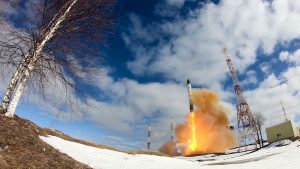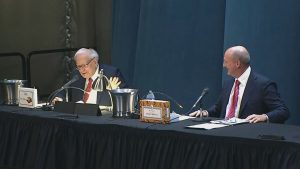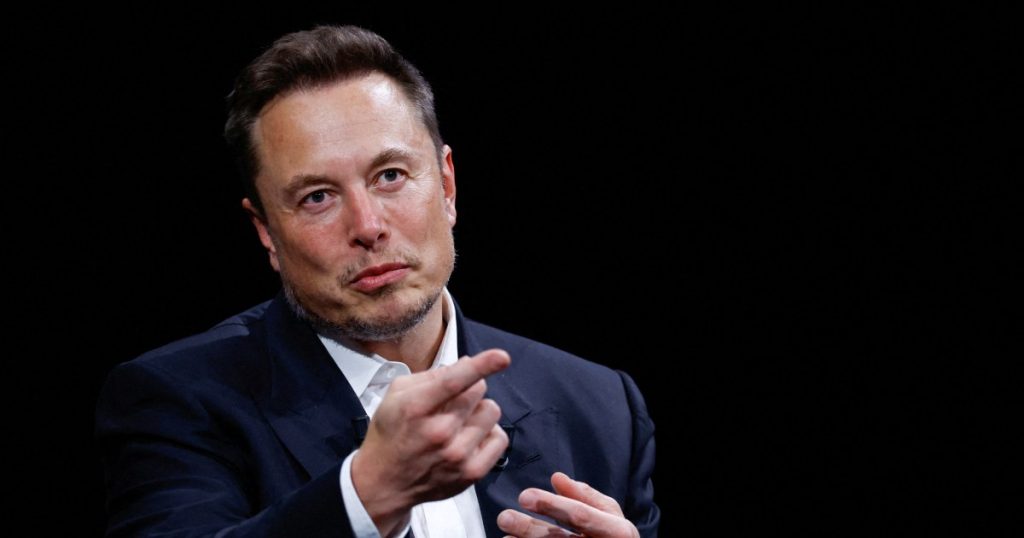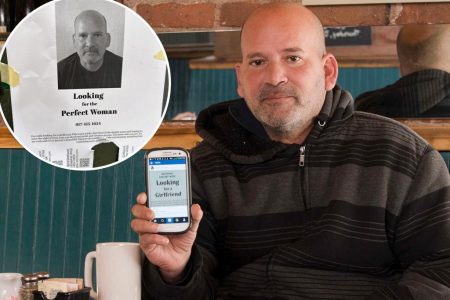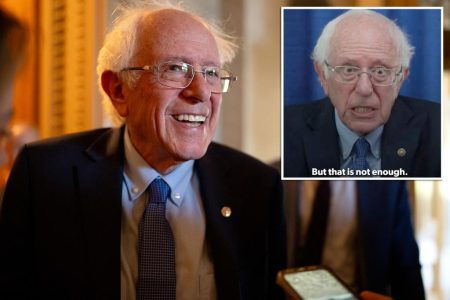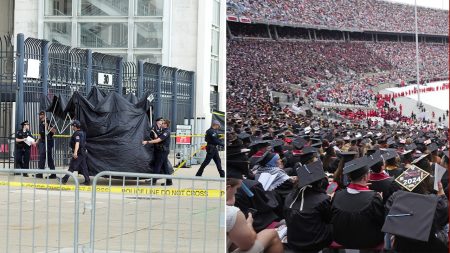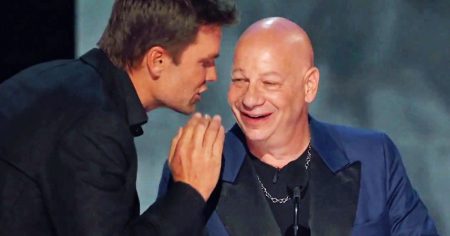Elon Musk, the CEO of X, Tesla, and SpaceX, has been embroiled in controversies surrounding free speech and censorship since purchasing X, the platform formerly known as Twitter, in 2022. He has clashed with governments in Brazil and Australia over their attempts to regulate harmful content online, such as misinformation, violent material, and racist speech. Musk has accused officials of stifling free speech, but critics argue that he is emboldening extremists and selectively choosing which cases to challenge, as he has complied with takedown notices in other countries.
In Brazil, Musk has challenged Supreme Court Justice Alexandre de Moraes for banning 150 accounts associated with right-wing former President Jair Bolsonaro’s online supporters. Musk has called the bans aggressive censorship and announced that X would lift all restrictions on the banned accounts, despite the platform complying with the orders and intending to challenge them in court. De Moraes has launched an investigation into Musk for obstruction of justice as a result of his actions.
In Australia, Musk is at odds with the country’s eSafety Commissioner over a knife attack at an Orthodox Assyrian church in Sydney, which was livestreamed. The commissioner issued a global takedown notice for videos of the attack, but X only geo-blocked the videos in Australia. Musk has accused Australia of trying to impose censorship worldwide, while Prime Minister Anthony Albanese has criticized Musk for his arrogance. The courts are yet to decide on the Australian authorities’ right to order the removal of content viewable outside the country.
X’s legal teams are facing busy times ahead, with deadlines in Brazil and a court hearing in Australia looming. Musk has hinted at further legal fights, such as funding challenges to Ireland’s hate speech legislation. His actions on X, including scaling back moderation and reinstating banned accounts like Donald Trump’s, have sparked debate over whether he is a defender of free speech or a right-wing provocateur. Critics argue that Musk’s principles only extend to figures he agrees with, while others highlight his compliance with takedown orders in other countries.
While the US is known for its permissive laws and attitudes towards speech, other countries have taken a more proactive approach to combatting misinformation and hate speech. Musk’s clashes with Brazil and Australia reflect a broader global debate around online content regulation and the responsibilities of platforms and governments. The outcome of these legal battles will likely have implications for the future of free speech and censorship on the internet.
